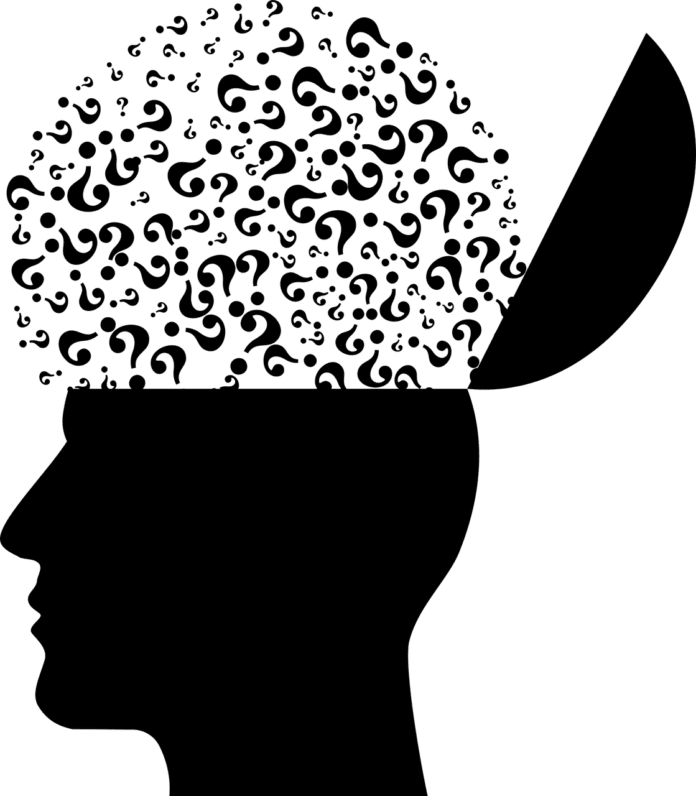As we usher in the new year, many across the globe have willingly bid farewell to alcohol, as they embark on a 31-day journey that not only revitalises the body—but also has significant effects on the mind and brain function.
Dubbed “Dry January”, a recent survey revealed that more than half of UK adults (57%) want to cut down their alcohol intake in 2024. And, with the term “sober curious” receiving 819.3 million views on TikTok, this Dry January is looking to be one of the most popular yet.
With this in mind, the brain health experts at Brainworks Neuropathy have shared how cutting down your alcohol intake this month can have positive effects on your brain health and function.
-
Improved cognitive function
The most immediate impact is seen in improved cognitive function and mental clarity. James Roy, Technical Director at Brainworks Neurotherapy says:
“Alcohol is known to affect neurotransmitter levels and disrupt the delicate balance within the brain, leading to clouded thinking and impaired decision-making. By abstaining from alcohol during Dry January, individuals provide their brains with a valuable opportunity to reset and restore optimal functioning.”
-
Better Sleep
“Alcohol can interfere with the sleep cycle, leading to disrupted and poor-quality rest. As individuals commit to a month of sobriety, they often experience better sleep, which plays a crucial role in cognitive function, memory consolidation, and overall brain health.”
-
Reduced inflammation of the brain
Abstaining from alcohol for a month in January can also contribute to the reduction of inflammation in the brain.
“Chronic alcohol consumption has been linked to increased inflammation, which is associated with various neurological disorders. Taking a break from alcohol allows the body and brain to recover, potentially lowering inflammation levels and promoting long-term brain health.”
-
Increased emotional wellbeing
“Alcohol is a depressant that can exacerbate feelings of anxiety and contribute to mood swings. By refraining from alcohol consumption in January, individuals may experience improved mood, enhanced emotional resilience, and a better overall sense of well-being.”
In summary, Dry January can be seen as a positive reset for the brain. From improved cognitive function and sleep quality to a reduction in inflammation and enhanced emotional wellbeing, the benefits extend beyond the month of sobriety, potentially setting the stage for healthier long-term brain function and overall well-being.
Please note that the benefits seen will differ for each individual depending on your alcohol intake, if you think you’re struggling with an alcohol addiction there are plenty of ways you can get help.
Help keep news FREE for our readers
Supporting your local community newspaper/online news outlet is crucial now more than ever. If you believe in independent journalism, then consider making a valuable contribution by making a one-time or monthly donation. We operate in rural areas where providing unbiased news can be challenging. Read More About Supporting The West Wales Chronicle























